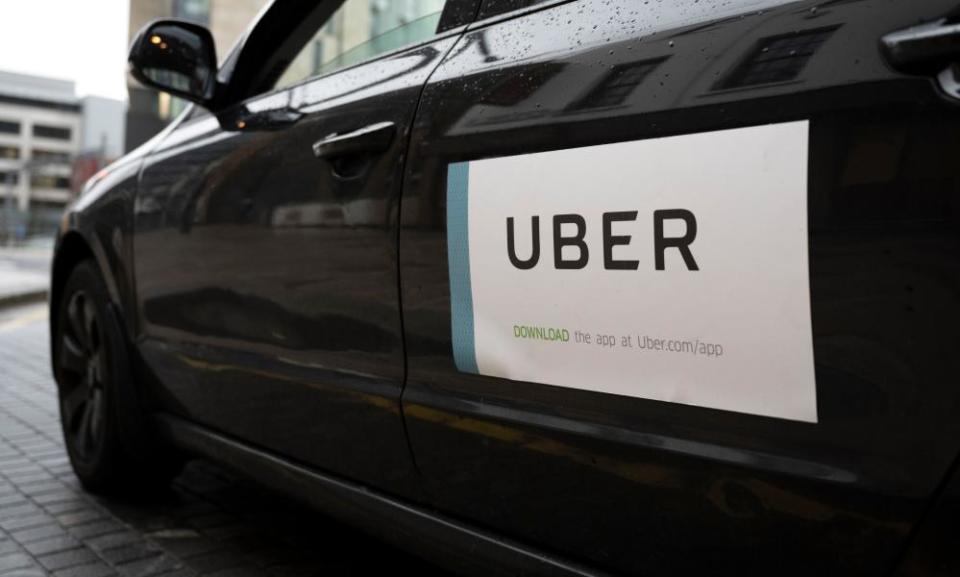Workers’ rights and role of trade unions

Your editorial (21 February) on Amazon workers’ rights and Nesrine Malik’s article (The culture war isn’t harmless rhetoric, it’s having a chilling effect on equality, 22 February) mention new trade unions fighting for the rights of low-paid workers: the App Drivers & Couriers Union, which won the landmark court case against Uber, and the United Voices of the World union, which represents migrant workers. There is also the Independent Workers Union of Great Britain, supporting low-paid workers who make up the gig economy. The need for these new unions raises the question of the role of the Trades Union Congress and the big, wealthy unions. Where were they when the gig economy was exploding?
David Kennedy
Ilkley, West Yorkshire
• Why hasn’t the law already been strengthened so that “gig workers may also have access to sick pay and protection from unfair dismissal” (Report, 19 February)? While Citizens Advice says that if you work part-time or on a fixed-term contract, or are a casual worker on a zero-hours contract, you are entitled to statutory sick pay, workers don’t get sick pay for the first three days they’re sick, likely the key days for Uber drivers.
David Murray
Wallington, Surrey

 Yahoo Finance
Yahoo Finance 